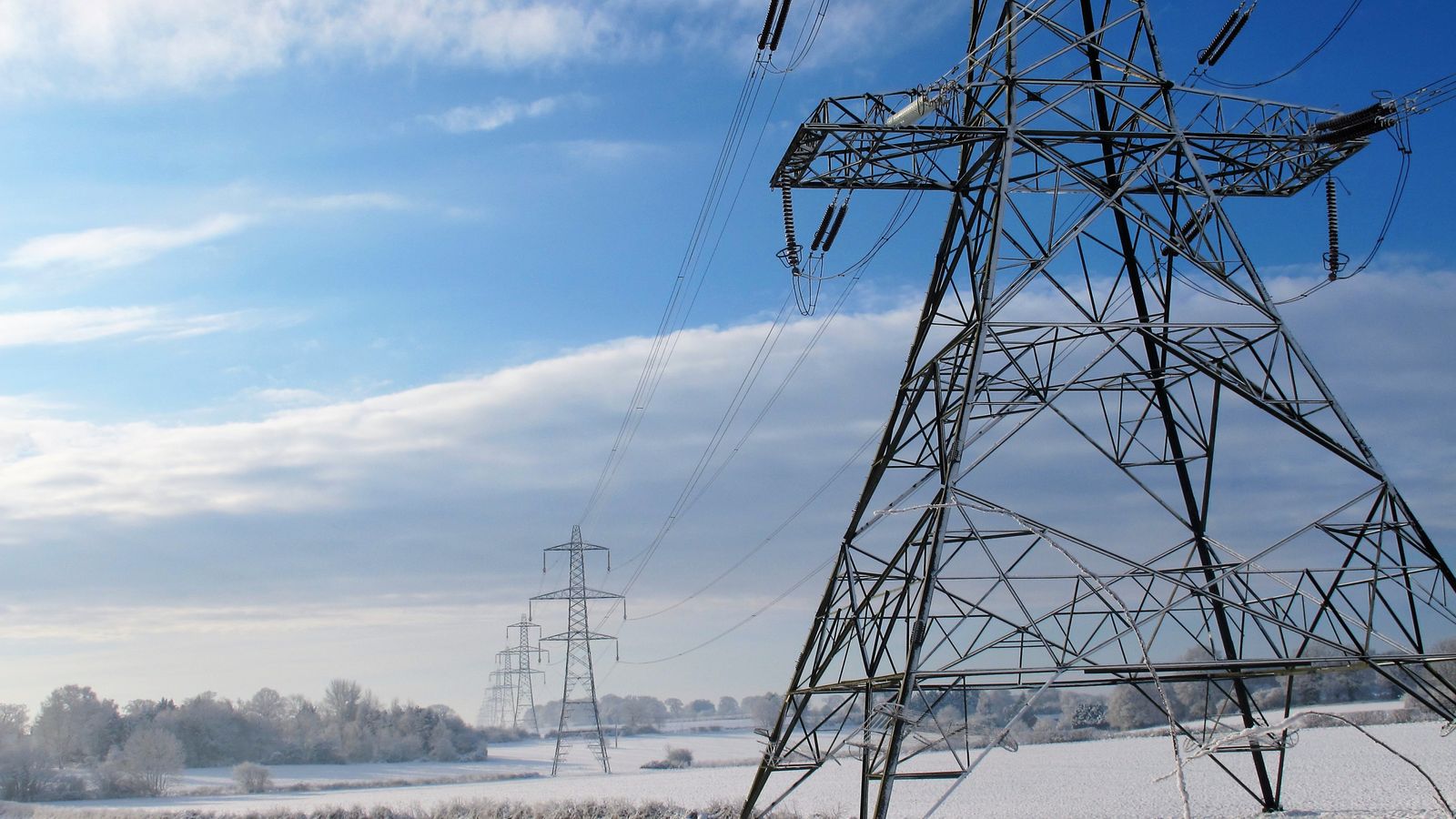Coal-fired power stations to help keep lights on as cold snap raises demand

Britain’s power system operator has ordered two of four emergency coal-fired generators to produce electricity for the first time this winter to help prevent the lights going out.
National Grid ESO made the announcement hours after it activated contingency plans as a precaution over fears supplies may struggle to keep up with demand during the current cold snap.
Two coal powered stations in West Burton in Lincolnshire began feeding into the national grid on Tuesday afternoon.
They are currently feeding in the minimum amount of power needed to supply electricity to the grid, but a spokesperson for the ESO said they are ready to feed in more as and when needed.
The National Grid first issued a so-called electricity margin notice (EMN) which asks all generators “to make available any additional generation capacity they may have”.
The operator later issued start-up instructions to four of the five coal-fired units which are paid to be kept in reserve.
The order covered two emergency units at Drax’s site in North Yorkshire and two at West Burton.
The requirement reflects efforts to ensure there is enough electricity to go round as the northern half of Britain, in particular, is hit by snow and ice.
Temperatures overnight are forecast to dip around -15C in parts of Scotland.
It marked the first time the reserve coal units would generate power this winter following several start-up orders only for them to be stood down hours later.
A fraction of the country’s energy mix is already made up from coal – extending its decline as gas has replaced coal over the years and wind power capacity has taken a greater strain.
Read more from business:
Hundreds of community pharmacies ‘could close due to rising costs’
One in seven people ‘skipping meals’ as prices soar
Greggs plans to open 150 new stores despite elevates pay and energy costs
Coal-fired power generation, the dirtiest element in the battle against climate change, accounted for 2% of UK electricity produced last year.
But the units held in reserve have become increasingly important in the wake of Russia’s war in Ukraine which disrupted gas supplies to Europe.
Coal has been utilised largely when the wind hasn’t blown.
National Grid ESO has also used another tool in its box to limit the drain on available power through the Demand Flexibility Service.
That has seen household signatories paid for not using appliances such as fridges, freezers, dishwashers and tumble dryers at peak times.
While the UK shares power through so-called interconnectors with other countries, the gas squeeze has combined with other factors to damage the ability to import electricity when needed.
These have included a large number of nuclear plant shutdowns in France, though capacity has improved as the winter months have progressed.
A relatively mild winter on the continent has also prevented countries from burning through their gas stocks.
For all the latest business News Click Here

